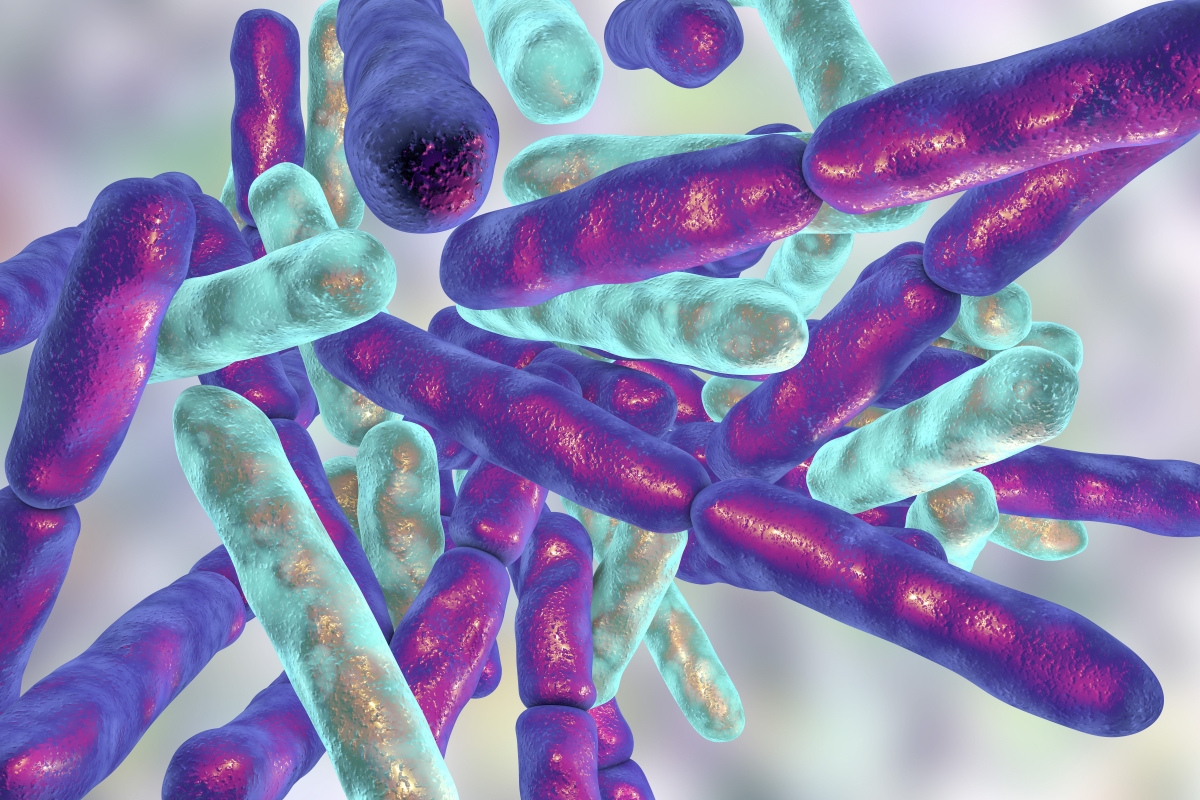Multi-omics approach identifies gut microbiota variations associated with depression

In this cross-sectional study by Hernández-Cacho et al. (2025), participants from the PREDIMED-Plus trial (n = 400) were investigated for a potential gut–brain axis connection between gut microbiota and depression. Depression was identified by either the use of antidepressants or elevated scores on the Beck Depression Inventory-II. Researchers analyzed gut microbiota using 16S rRNA sequencing and examined fecal metabolites with liquid chromatography–tandem mass spectrometry. The metabolic characteristics and gut microbiota composition of depressed individuals differed significantly. Megasphaera, Christensenellaceae R-7 group, and Acidaminococcus were important bacterial groups with varying abundances. Additionally, 15 fecal metabolites—mainly lipids, organic acids, and benzenoids—were found to differ significantly in those with depression, with some showing correlations to specific gut microbes. These findings emphasize a relationship between gut microbial patterns and depression, setting the stage for future studies to determine whether these microbial differences contribute to, or result from, depression. [NPID: Gut microbiota, depression, gut–brain axis, fecal metabolites, metabolomics, antidepressants, microbial composition, benzenoids]
Year: 2025
 Navigation
Navigation






